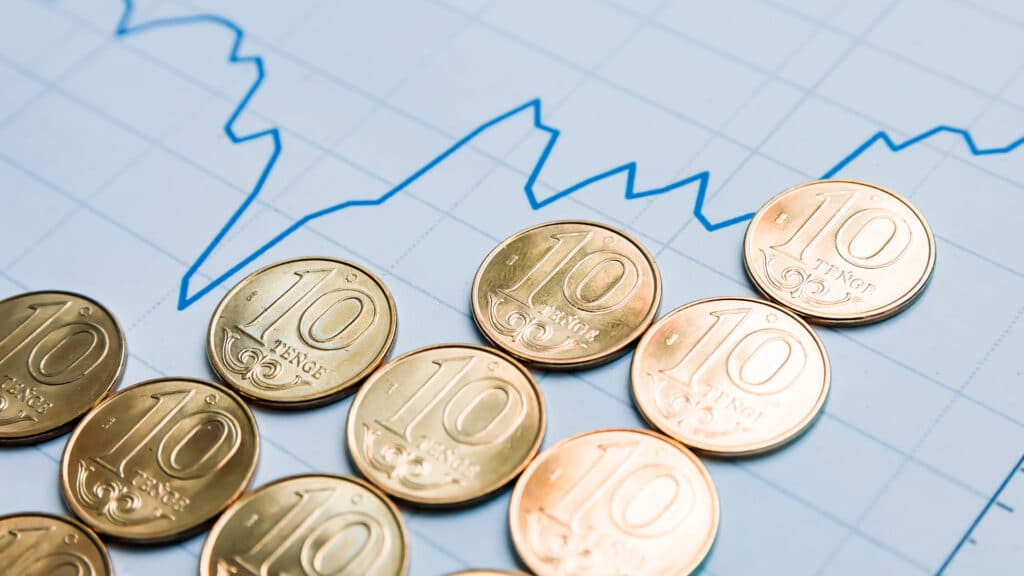
Since January 2024, companies in Kazakhstan have raised over $6.2 billion through bond issuing, a 2.3-fold increase year-on-year, according to the Association of Financiers of Kazakhstan (AFK).
The top corporate bond issuers were:
- Baiterek Holding: $907 million
- Bereke Bank: $826 million
- Kazakhstan Sustainability Fund: $509 million
- Industrial Development Fund: $495 million
- Development Bank of Kazakhstan: $148 million
- Halyk Bank: $80 million
- Bank RBK: $68 million
- Home Credit Bank: $63.8 million.
The AFK also reported that bond yields range from 12% to 20%, while deposit yields are between 13% and 16%.
As for government securities, the AFK noted that high rates on them have spurred a record inflow of foreign investments, which surged by 127%, from $937.6 million to $1.9 billion. As a result, the ownership of these securities nearly doubled, increasing from 2.2% to 4%.
«A significant inflow of non-resident funds reflects a strong assessment of the risk-return ratio, which has mitigated pressure on the national currency and may contribute to the resumption of a rate-cut cycle,» AFK analysts said.
Over the first nine months of the year, investors opened 891,000 new accounts. By late September, the share of retail investors had risen to 62%, up from 43% at the beginning of the year.
The total trading volume of index shares on the Kazakhstan Stock Exchange (KASE) and Astana International Exchange (AIX) reached $295 million. Three stocks accounted for over 60% of all trading activity: Air Astana (23% of total trading volume), Halyk Bank (15%) and Kazatomprom (11%).
«Due to the accelerated growth in stock prices, the average dividend yield in the market decreased to 4.4%, down from 7.4% earlier. However, when factoring in both price growth and dividend yields, the rate of return for risk in the local market remains relatively high,» the AFK stated.
The stock market capitalization in Kazakhstan has increased to $65 billion (+17.8%), accounting for 23.5% of GDP. Additionally, assets under investment portfolio management have grown to $3 billion (+60.1%) or 1.1% of GDP.
The AFK suggests that the inflow of additional liquidity into the market could be fueled by factors such as lower tenge deposit rates, dividend reinvestment, a slowdown in housing prices, the retention of investor benefits and the potential introduction of fair taxation.
Earlier this year, the Ministry of Finance had planned to eliminate tax benefits for stock market investors but later abandoned the idea after facing significant criticism.













